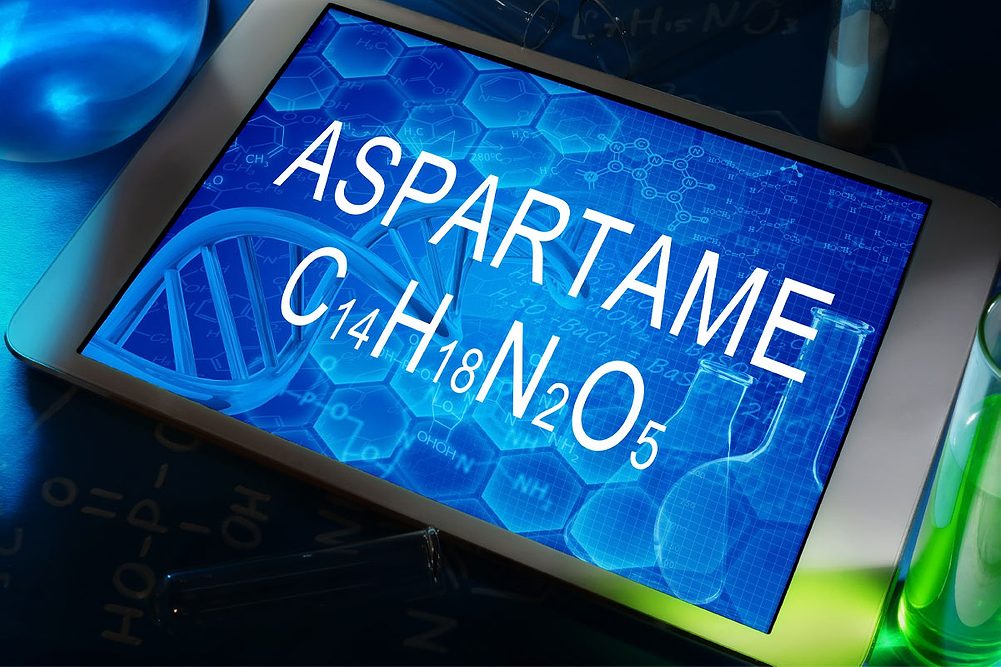GENEVA — An organization linked to the World Health Organization (WHO) on July 14 ruled the sweetener aspartame is safe for human consumption even though another WHO group called it “possibly carcinogenic.” The sweetener is used globally to reduce sugar in thousands of food and beverage products, including Coke Zero and Pepsi Zero Sugar.
The Joint Food and Agriculture Organization of the United Nations/WHO Expert Committee on Food Additives (JECFA) said the acceptable daily intake of aspartame will remain at 40 mg/1 kilogram (2.2 lbs) of body weight per day.
“In order to reach JECFA’s conservative ADI (acceptable daily intake) estimates, the average 150-lb person would need to consume about 14 12-oz cans of diet beverages or about 74 packets of aspartame-containing tabletop sweetener every day over the course of their life to raise any safety concern,” said Robert Rankin, president of the Calorie Control Council, an international association representing the manufacturers and suppliers of low-calorie and reduced-calorie foods and beverage. “Obviously, that level of consumption is not realistic, recommended, nor is it aligned with the intended use of these ingredients.”
A Reuters report on June 29 leaked that the WHO’s International Agency for Research on Cancer (IARC) planned to list aspartame as “possibly carcinogenic to humans.” However, the AIRC is not a food safety agency like the JECFA.
The IARC labeling aspartame as “possibly carcinogenic to humans” does not mean aspartame is linked to cancer, a spokesperson for the US Food and Drug Association, said, adding the FDA disagrees with the IARC’s conclusion. The IARC’s hazard assessment differed from the JECFA’s risk assessment in that the IARC did not factor dosage or route of exposure into its classifications, the FDA spokesperson said.
The JECFA conclusions are consistent with the findings of over 90 global food safety agencies, including the FDA and the European Food Safety Authority, that have confirmed aspartame’s safety, according to the International Sweeteners Association, Brussels.
The FDA has an ADI for aspartame of 50 mg/1 kilogram of body weight per day. The EFSA has an ADI of 40 mg/1 kilogram.
“Aspartame has undergone one of the most extensive and thorough testing programs conducted on any food additive in history, resulting in consensus on its safety throughout the global scientific and regulatory community,” said Kerry Kenny, chief technology officer for Apura Ingredients, Inc., Chino, Calif., an aspartame supplier.
He added, “Aspartame, like all other low/no calorie sweeteners, plays an important role in providing consumers choices with sweet-tasting options with low or no calories. As part of a balanced diet, low/no calorie sweeteners can be a useful tool to reduce sugar and calorie intake, as well as to manage blood glucose levels and reduce the risk of dental caries.”
Aspartame is found globally in about 6,000 products, including soft drinks, chewing gum, confectionery items, frozen desserts, yogurt and tabletop sugars, according to the Calorie Control Council. It enhances and extends flavors and does not promote tooth decay.
The IARC has four classifications related to carcinogens. Those in Group 1 are carcinogenic to humans with examples being drinking alcoholic beverages, smoking tobacco, opium consumption and outdoor air pollution.
Those in group 2A are probably carcinogenic to humans with examples being anabolic steroids, consumption of red meat and drinking hot beverages above 65 degrees Celsius (149 degrees Fahrenheit). Those in group 2B are possibly carcinogenic to humans with examples being aloe vera and aspartame. Those in group 3 are not classifiable with one example being coffee.
Both the Coalition for Safe Food and Beverage Choices and the International Council of Beverages Association praised the WHO’s decision.
“It is irresponsible to needlessly scare or confuse people,” said oncologist Arnold Baskies, MD, past chairman of the national board of directors of the American Cancer Society and a member of the Coalition for Safe Food and Beverage Choices, which represents organizations from agriculture, business, consumer, labor and public health groups. “If there was any cause for concern, (JECFA) would have adjusted the current acceptable daily intake.”
Kate Loatman, executive director of the of the International Council of Beverages Association, added, “IARC, which is not a food safety agency, has now officially conceded that aspartame poses no more of a hazard than aloe vera and hundreds of other substances that it places in the same category based on evidence IARC itself describes as ‘limited’ and ‘less than sufficient.’
Some of the concerns about cancer and aspartame stem from the results of studies in rats published by Italian researchers, according to the American Cancer Society (ACS). The studies suggested aspartame might increase the risk of some blood-related cancers like leukemia and lymphoma. Later reviews of the data called the study results into question, the ACS said.
The ACS does not determine if something causes cancer (is a carcinogen) but looks to other organizations, including the FDA and the EFSA.
“Consumers have a strong desire for reliable and science-based information and JECFA’s review reaffirms the overwhelming body of evidence that confirms aspartame is safe,” Mr. Rankin of the Calorie Control Council said. “To assert otherwise is misleading, inaccurate and fearmongering to the nearly 540 million people globally living with diabetes and millions of others managing their body weight who rely on and/or chose products that contain low- and no-calorie sweeteners such as aspartame.”





